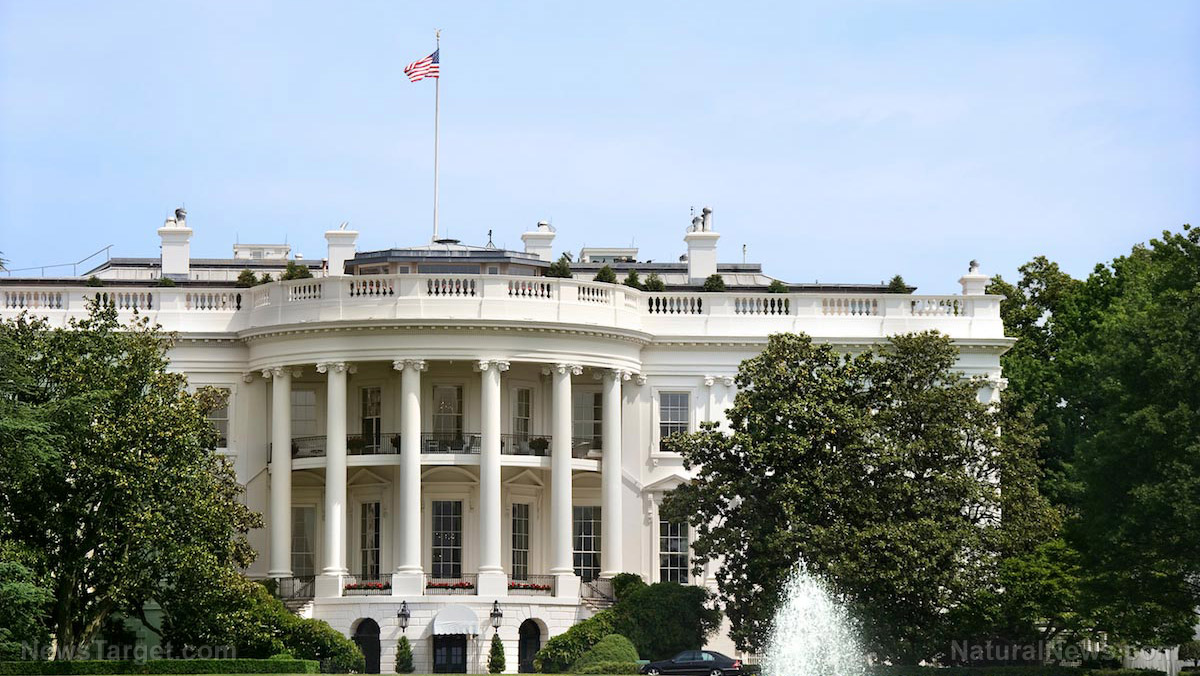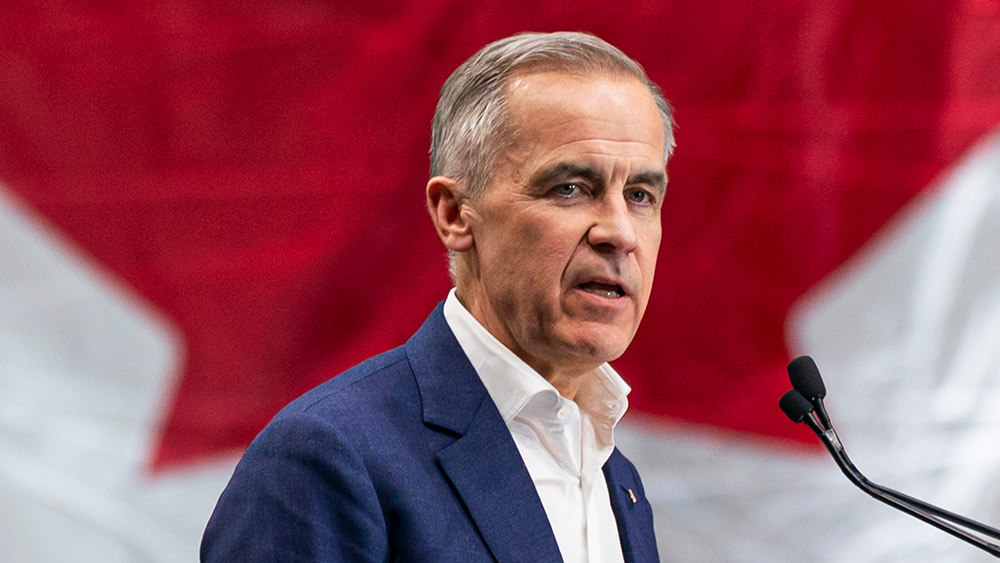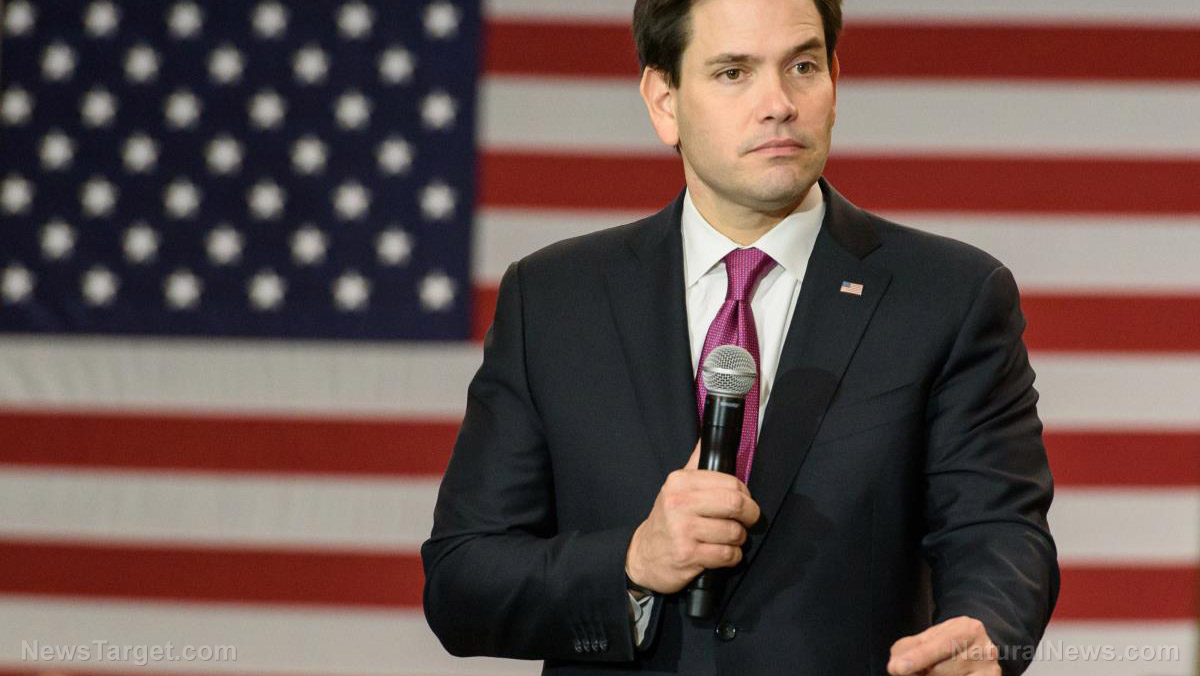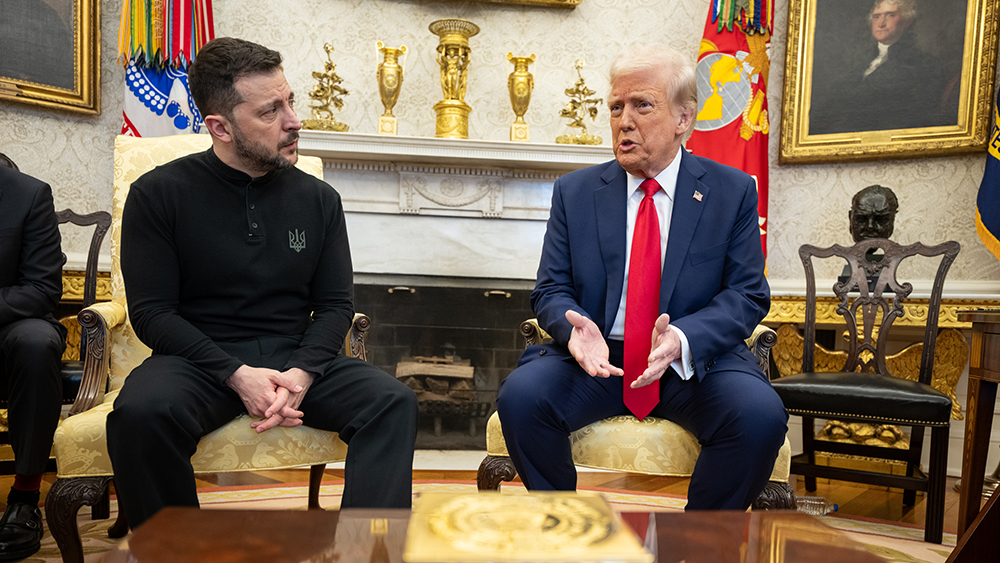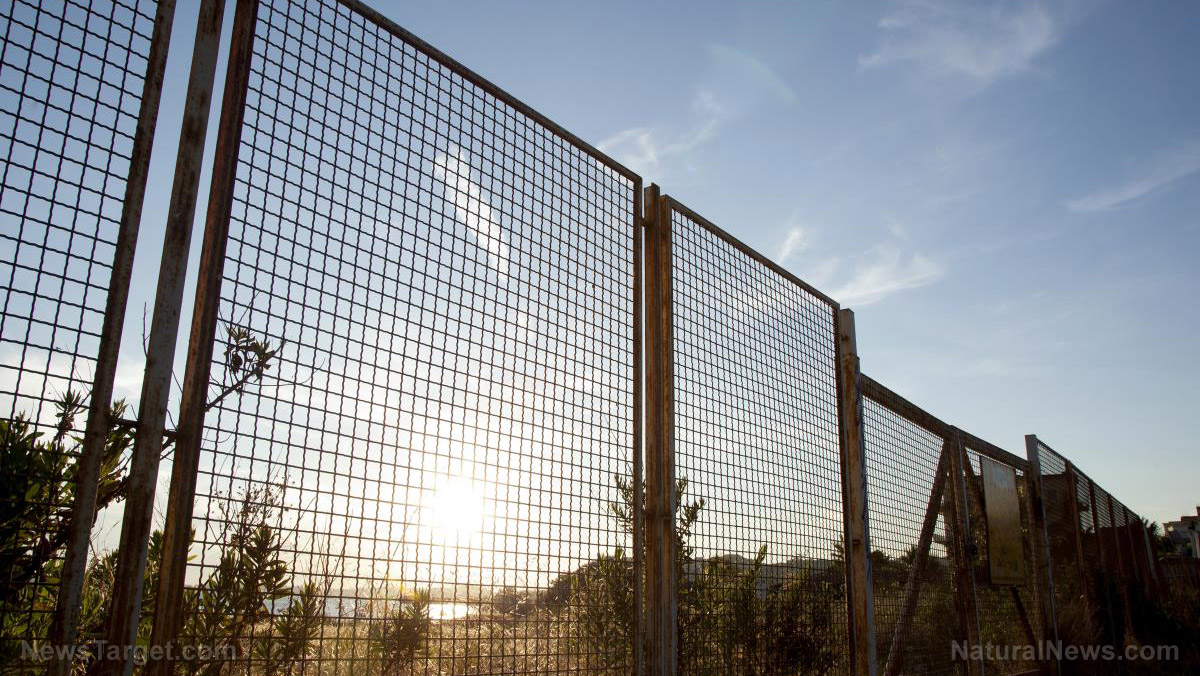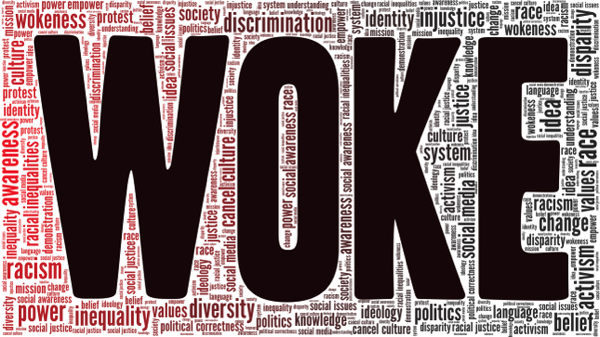Supreme Court narrows nationwide judicial injunctions on Trump executive orders on birthright citizenship, LGBTQ school materials
06/29/2025 / By Willow Tohi
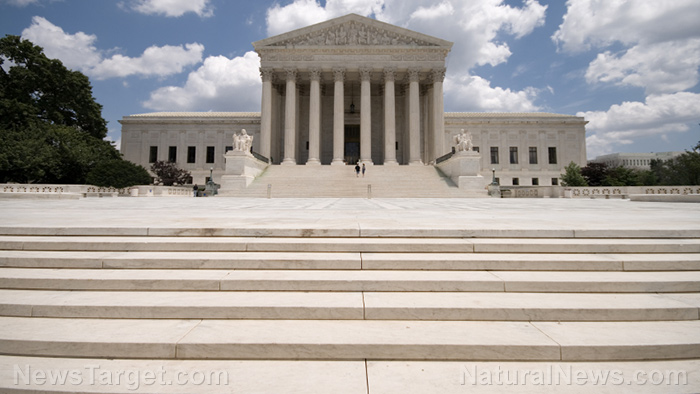
- Supreme Court prevents nationwide injunctions against Trump administration policies, limiting rulings to case-specific plaintiffs.
- Stands by birthright citizenship restrictions after Trump’s executive order, blocking it only in 22 Democratic-led states.
- Upholds Montgomery County religious parents’ challenge to LGBTQ+-inclusive school curricula, overturning lower courts.
- Justice Alito: Injunctions are necessary to protect parental religious liberties.
- Critics warn of eroded judicial checks and undercutting constitutional protections for marginalized groups.
In a significant 6-3 ruling issued on June 27, the U.S. Supreme Court curtailed the authority of federal judges to block presidential policies through nationwide injunctions without first certifying a class of affected parties. The decision marked a major victory for the Trump administration and conservative legal priorities, upholding restrictions on birthright citizenship for non-immigrant children and weakening challenges to policies limiting access to LGBTQ+-inclusive school materials.
The conservative majority, led by Justices Samuel Alito, Clarence Thomas and Amy Coney Barrett, argued that lower courts overstepped their bounds by halting sweeping executive actions without meeting proper legal standards. The dissenting justices, along with Democratic-led states and liberal legal advocates, criticized the ruling for exacerbating judicial-executive tensions and narrowing avenues to contest controversial federal policies. The ruling follows years of ideological battles over executive power and federal judiciary authority, positioning President Trump’s administration to advance its agenda with fewer courtroom constraints while reshaping precedents on presidential authority. The cases, stemming from challenges to Trump’s executive orders in lower courts, now set a narrower framework for how judicial rulings can affect nationwide policy implementation moving forward.
Birthright citizenship ruling: Restricting national halts to Trump’s policies
The court upheld Trump’s 2025 executive order requiring at least one parent to have legal residency for children born in the U.S. to qualify for birthright citizenship. A 6-3 decision invalidated broader injunctions blocking the policy, which will now apply outside the 22 states where related lawsuits were filed.
Key points:
- Judicial overreach rejected: The ruling restricts federal district judges from halting nationwide implementation of executive orders, empowering the presidency over courts. Cases must now target policy impacts on individual plaintiffs rather than the nation as a whole.
- 14th Amendment debate: Legal validity of the citizenship clause’s interpretation remains unresolved, setting up a potential future showdown at the Court.
- Partisan backlash: Dissenting Justice Jackson argued this erodes checks on executive power, while supporters praised the Court’s pushback against “venue-shopping” Democratic-style lawsuits.
Mahmoud v. Taylor: Parental religious rights over LGBTQ+ school curricula
The Court ruled 6-3 in favor of religious parents in Montgomery County, Maryland, who challenged school policies barring opt-outs for young-student materials featuring LGBTQ+ themes. The decision requires courts to grant parental injunctions protecting their religious exercise and could reshape how schools nationwide accommodate religious objections.
Key quotes:
- Justice Alito: “Without an injunction, parents suffer unconstitutional burdens on religious exercise—a clear irreparable injury.”
- Justice Barrett: Criticized dissents as favoring “imperial judiciary over constitutional boundaries,” defending constraints on “venue-chasing” district court authority.
The rise of nationwide injunctions and judicial authority
Nationwide injunctions surged under past administrations, allowing single judges or states to override federal policies. For instance, Biden-era challenges to abortion-related funding or environmental rules triggered similar blowback. By narrowing their applicability, the Court shifts power to the legislative and executive branches, emphasizing textualist interpretations of Article III judicial authority—one plaintiff, one remedy.
A redefinition of executive and judicial power
The rulings reflect a stark judicial alignment with Trump’s agenda, reinforcing executive authority while prioritizing parental and religious liberty. While conservatives celebrate these as victories against activist judges, critics warn of escalating judicial-executive conflicts and diminished protections for immigrants and marginalized groups. The decisions mark a pivotal moment in constitutional governance, where federal policies will face fewer federal blocks—reshaping law, politics and education for years to come.
Sources for this article include:
Submit a correction >>
Tagged Under:
activist judges, big government, birthright citizenship, judicial overreach, lgbtq, nationwide injuctions, progress, religious rights, scotus, Supreme Court, Trump
This article may contain statements that reflect the opinion of the author
RECENT NEWS & ARTICLES
COPYRIGHT © 2017 WHITE HOUSE NEWS




